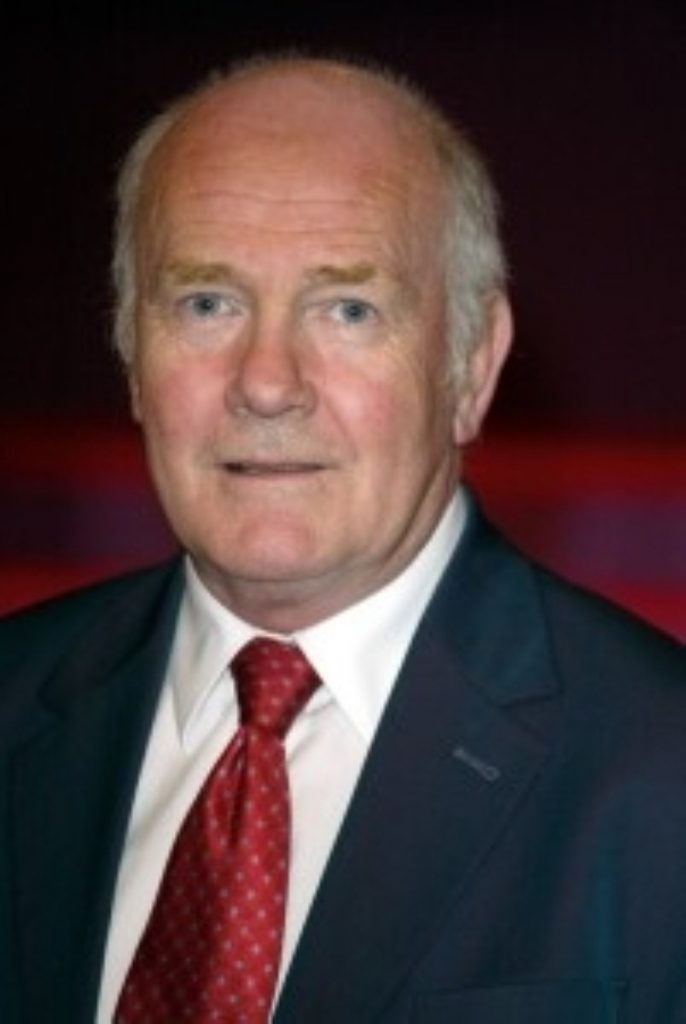Reid defends cancer policy after MPs’ criticism
The Health Secretary, John Reid, has robustly defended the Government’s record on cancer after a report from senior MPs suggested that the focus on local provision is hampering the provision of care.
Wednesday’s report from the All Party Parliamentary Group on Cancer suggested that a lack of expertise and experience at a local level is hindering the purchase of cancer drugs and treatment, and GPs lack the specialist knowledge to identify and appropriately refer cancer patients.
Further, it warned that changes to the way cancer services are funded and organised has “worrying implications” for cancer services and may exacerbate “postcode prescribing”.
It claims that many Primary Care Trusts – which spend around 75 per cent of the NHS’ budget – are “struggling” and that as a result there are “worrying implications for the provision of all NHS services but particularly for national priority areas like cancer.”


Chairman of the group, Ian Gibson, said: “The inquiry has exposed a serious problem. The Government rightly says that cancer is a national priority yet the system that’s expected to deliver it is too fragmented. PCTs are struggling to cope and lack experience in commissioning cancer services. The budget for cancer services must therefore go directly to cancer networks to allow them to plan for sustained improvements in cancer care.”
Responding to the report at the Britain Against Cancer conference today, Dr Reid admitted that there was still “a mountain to climb” in cancer services, but sharply criticised negative press coverage of the report.
He stressed that there had been a significant improvement in the care of cancer since Labour came to power, highlighting increases in funding, specialists and MRI scanners. Dr Reid said explicitly that services “aren’t a shambles”, and there has been a significant improvement in survival rates for cancer from the “scandalous” state of cancer treatment and death rates in 1997.
Dr Reid pointed to a 12.2 per cent fall in the number of people dying from cancer over the last eight years, and announced a new £37.5 million screening programme for bowel cancer.
The chairman of the NHS Alliance, which represents PCTs, went further saying that the report itself was “sweeping and unfair”. Speaking to DeHavilland, Dr Michael Dixon, said he felt the report had not been fair to the trusts, which were struggling to balance funding needs at a time of “enormous pressure” on budgets.
“I think the report has been a little unfair, and I certainly don’t think anything would be gained by handing control to the cancer networks,” he said.
Dr Dixon added that cancer networks were traditionally dominated by secondary care, and their power was not vested in local people, saying: “The networks ultimately can’t be the budget holders because they don’t have the overview or the local sensitivity.”
He admitted that PCTs had not been commissioning services for a long time, saying: “In some PCTs, their commissioning is not yet strong enough, but for most it is . It’s very sweeping and unfair to say that commissioning must be taken out of the hands of the PCTs.”

